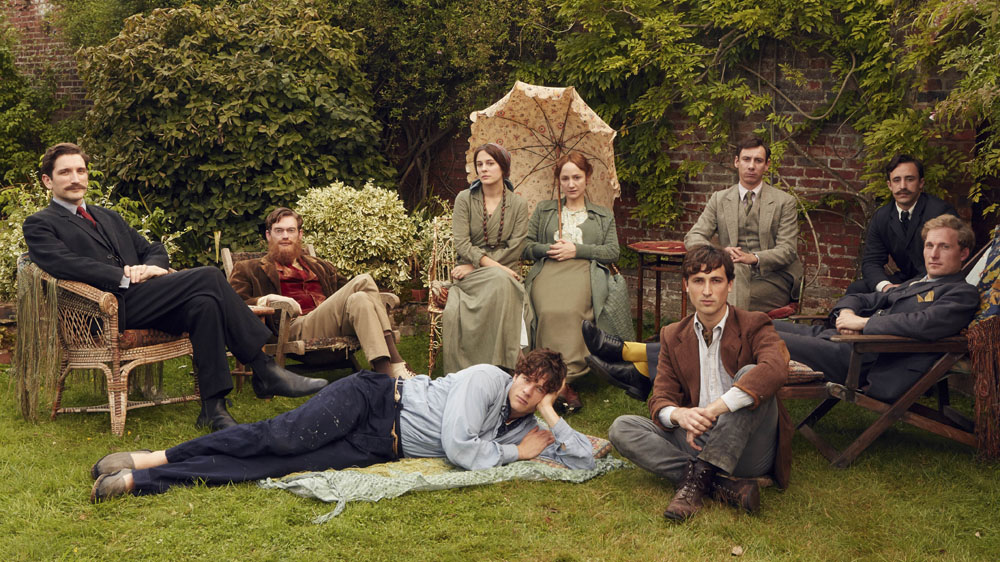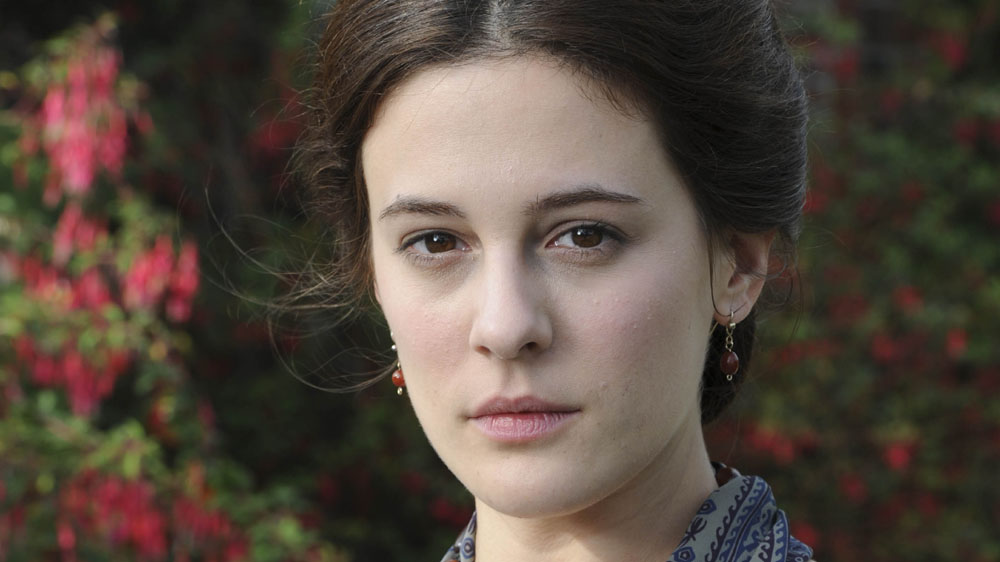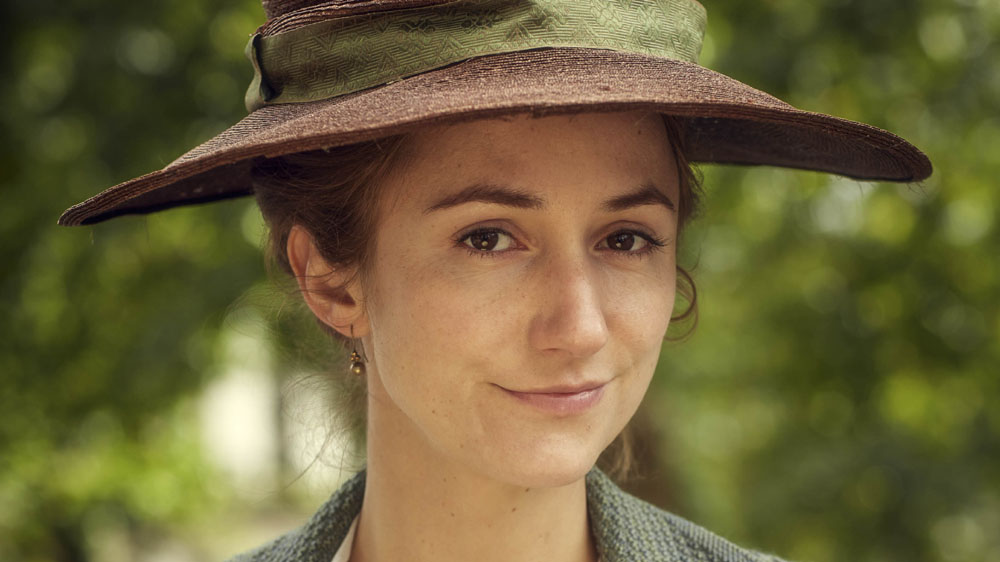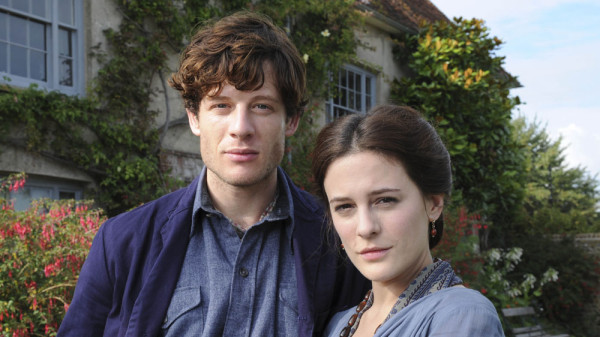Choose life. Choose art. Choose literature. Choose ripping off your corset and bloomers at the bedroom window.
Choose a back alley hand job from a local bit of rough without being caught by the Old Bill. Choose dissipation, copulation, sodomy, isonomy and low rent pornography. Choose famous economists, snooty critics and highly-strung cousins with miracle-grow hipster beards.
Don’t choose malaria. Don’t choose parakeets or fusty old Aunt Mary droning on about your dead father. Don’t be a square. Choose life.
At first glance, a comparison between the Bloomsbury Set and the characters in Trainspotting seems unfair.
Virginia Woolf, Vanessa Bell and Duncan Grant are cultural, historical and financial worlds away from Renton, Spud and Sick Boy. Yet scrape away the trappings of creativity in well-to-do London at the beginning of the 20th century and similarities with the grim existence of Edinburgh junkies at the end of it begin to emerge, blinking and wincing as they creep out into the dim light.

Virginia (Lydia Leonard) and Vanessa (Phoebe Fox) are orphan sisters forging a life of artistic and personal freedom in the ashes of Victorian England.
Along with dissolute painter Duncan Grant (James Norton), nervously hirsute writer Lytton Strachey (Ed Birch), blonde Brian Sewell-in-waiting Clive Bell (Sam Hoare) and financial genius John Maynard Keynes (Edmund Kingsley), they are part of a group of free-spirited idealists shaking off the shackles of society in pursuit of a more progressive existence. They’ve rejected civilisation in favour of something more civilised.
It’s a mutual thing, though; society isn’t too keen on them either. Just as Renton and co were dismissed as junkie scum by the rest of humanity, the Bloomsbury Set are perceived from the outside as rich, self-indulgent, conchie sex perverts. It’s a harsh judgement from a straitlaced, sexually-repressed culture that would be as horrified to see Bell touching Vanessa’s wrist during their early courtship as they would be by Duncan Grant and Lytton Strachey writhing in naked delight.

The modern world (a few demented, Daily Mail-reading exceptions aside) would shrug both off without a second thought – although the fact that the two men are cousins might raise the odd eyebrow.
Less tolerable – in any era – is Lytton’s chronic neediness. ‘You don’t love me,’ he says with sad-eyed post-coital perception. ‘You mean nothing to me,’ Duncan replies – first in jest, then with complete seriousness. His cousin nods sadly and they get back to doing something they can agree on.
However, it isn’t long before Duncan has moved onto Maynard Keynes. The artist is a philandering, self-pitying git, but there’s something amiable about him, an inextinguishable spark of light. It’s easy to see why Vanessa and Virginia like him.

What’s less easy to see is … well … everything. The whole show is cast in the murkiest, smoggiest London half-light. It’s presumably period accurate, and aptly reflects the deep gloom of Virginia’s pre-lupine life (only touched on in part one), but it makes it for literally difficult viewing.
The countryside scenes at the end of the episode hint at a lighter future, at least in visual terms, but history tells us that this three-part series is going to end up in a very dark place. Not everyone chooses life.
Airs at 9pm on Monday 27 July 2015 on BBC Two.
> Order Life in Squares on DVD on Amazon.
Are you looking forward to Life In Squares? Let us know below…

